Watch the Trailer |
| See why this book is already sparking powerful conversations across the First Responder and mental health communities. |
 |
| Helping the Helpers is the trusted guide to supporting Responders with clarity, care, and real-world connection. |
About This Book |
From the team behind the Responder Resilience podcast and based on 200+ real-world conversations, this guide helps you:
|
Vision |
| To transform how we support the mental health of first responders—by equipping the full circle of helpers (from clinicians to chaplains, peer supporters to spouses) with the insight, language, and tools needed to foster resilience, prevent burnout, and respond effectively to trauma and distress. |
| Who It's For | Contributes To | |
 | Clinicians & Counselors | Cultural competence, trusted language, and up-to-date issues in responder mental health. |
 | Coaches & Peer Supporters | Communication tools, dos and don’ts, and ways to identify red flags early. |
 | Wellness Departments & EAPs | Models for integrated support, preventative programs, and long-term cultural change. |
 | Chaplains & Spiritual Leaders | Trauma-informed spiritual care, moral injury insights, and navigating faith after crisis. |
 | Agency & Union Leaders | Guidance for fostering a wellness-positive organizational culture and supporting members in crisis. |
 | First Responders & Families | Validation, practical coping tools, stories from peers, and guidance for navigating family impacts. |
Advance Praise | ||
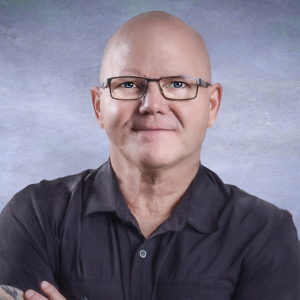 | 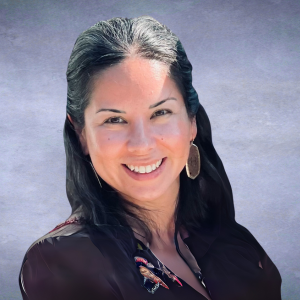 |  |
| - Daniel Sundahl Retired Paramedic/Firefighter Counselling Therapist at DanSun Health | - Medina Baumgart, Psy.D., ABPP Law Enforcement Agency-Embedded Psychologist | Board-Certified Specialist in Police and Public Safety Psychology | - Giovanni Rocco LEO (ret) | Covert FBI Deep Cover Operative 1st Responder Mental Health Support Specialist | Author, Giovanni's Ring |
"This book is must-read for any therapist wishing to work with public safety personnel, addressing the vital need for understanding the unique experiences, stressors, and challenges First Responders face. It offers valuable insights to establish a safe environment that fosters validation, connection, understanding, and support." | "Helping the Helpers is a comprehensive resource for all clinicians who work with first responders. This Clinician’s Guide offers a broad range of experience and insights in an easily digestible format, providing practical, no-nonsense guidance to support this unique and highly specialized population." | “Not just stories of First Responders, but a mirror held up to those who have ever buried their pain for the sake of duty. It delivers deeply personal accounts of what it means to serve from the shadows, and the invisible wounds that come with it. Essential reading for clinicians, law enforcement, and families. Powerful, honest, and profoundly necessary." |
What's Inside |
| Introduction | • Helping the Helpers • A 911 Call for Mental Health |
| Part I: The Responder Mindset | • The Box We’re Told to Live In • Inside the Culture |
| Part II: The Cost of Service | • Stress and Burnout in the First Responder Psyche • The Physiological Toll of the Job • Understanding Moral Injury • When the Badge Lets You Down • Family Fallout • Marriage Under Pressure • Suicide Psychological Autopsies |
| Part III: The Roles Within the Ranks | • Law Enforcement Officers • Firefighters • Emergency Medical Services • 911 Dispatchers and Telecommunicators • Animal Control Officers • Corrections Officers • Federal Agents • Undercover Operatives • Fire Marshal and Investigator • Veterans • Retirees |
| Part IV: What Help Looks Like | • Critical Incident Stress Debriefing in Action • Peer Support • EMDR and Healing from Trauma • Inpatient Care • Spirituality on the Front Lines • The 22Zero Model for Trauma Recovery • The Power of Retreats • Grounding Strategies That Work • Healing Trauma Through Art • Canine Companions in Crisis Response |
| Part V: Practical Realities of Treating First Responders | • Building the Circle of Support • Building Mental Health from Inside the System • Living the Embedded Clinician Role • Legal and Procedural Considerations • Structuring a Practice That Works • Protecting Yourself While Helping Others |
More Advance Praise | ||
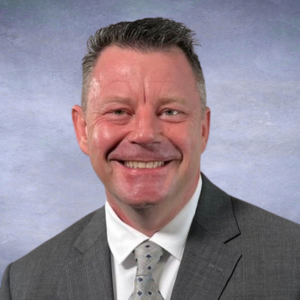 |  | 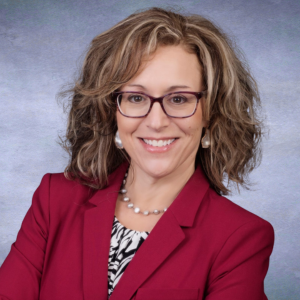 |
| - Ernie Stevens Retired Police Officer Main Subject of Award-winning Documentary, Ernie and Joe: Crisis Cops National Speaker | Published Author | - Dr. Tracy S. Hejmanowski Licensed Clinical Psychologist Founder, First Responder Project IAFF and FOP Vetted Provider | - Wendy Hummell Retired Detective Health and Wellness Manager, Sedgwick County Sheriff’s Office Clinician in training |
"Helping the Helpers is a long-overdue and essential resource for first responders and their families. Retirement often brings time for introspection, and it's during that quiet that the weight of past experiences truly surfaces. | "Working as an embedded clinician across numerous first responder agencies, I cannot recommend this sentinel work strongly enough. More so, I encourage the inclusion of this book for the professional development of command staff and HR/Risk, for the awareness among unions and fraternal organizations, for the continued education of peer support teams, and for all nonprofits and clinicians who strive to serve first responders with greatest competency. This book is, without a doubt, is a gem of a resource for our communities’ selfless servants." | "This is the book I wish I had when I began researching organizational wellness programs and mental health resources for first responders over a decade ago. The authors leave no stone unturned when it comes to building cultural competence for clinicians who want to work with the first responder population. I recommend this book to anyone interested in learning more about a wide range of wellness tools and resources to support the first responder population whether you are a wellness coordinator, agency leader, spouse, or first responder." |
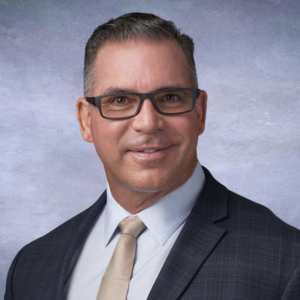 |  |  |
| - John Kelly Law Enforcement Life Coach Author and Motivational Speaker | - Barbara Rubel Author of "Living Blue" "But I Didn’t Say Goodbye" | - Elizabeth Pol, M.A. Founder-Resilient Heroes, NFP Chicago Police Officer |
"Wow, what a service you've provided in this book! I appreciate how you've identified the different types of first responders and the unique challenges they face. More importantly, you've suggested tailored treatment methods, offering tangible tools for those willing to help. It’s truly well done!" | "With the combined expertise of Dr. Stacy Raymond, Bonnie C. Rumilly, and Lt. David Dachinger in psychology, emergency response, and leadership, Helping the Helpers is an essential contribution to First Responder mental health. The compelling chapter on Suicide Psychological Autopsies offers a powerful framework for understanding and preventing similar tragedies." | "If you are a mental health professional looking to work with first responders through various therapeutic modalities, this book is a must read! This book allows clinicians to understand and provide a culturally responsive care approach with first responders, and provides an understanding of the needs and concerns that first responders have prior to therapy. It also offers valuable insights to help clinicians build rapport, leading to more successful outcomes for both the clinician and the first responder. Get a copy today, you won’t be disappointed!!!" |
About the Authors
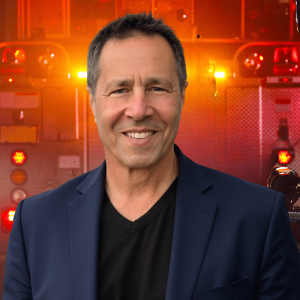 | David Dachinger is a retired Fire Lieutenant with over two decades of service in fire and EMS. A stage 4 cancer survivor and mental health advocate, David brings lived experience to the conversation around resilience, wellness, leadership, and identity loss in retirement. As Executive Producer and Host of the Responder Resilience podcast, he has spent years facilitating honest, unfiltered dialogue among First Responders, Clinicians, and wellness leaders. His perspective bridges operational insight and public health advocacy, helping connect the dots between field realities and systemic solutions. |
 | Bonnie C. Rumilly, LCSW, EMT-B, is a trauma therapist, educator, and embedded presence in the First Responder world. A Licensed Clinical Social Worker with decades of field and clinical experience, she also serves as an EMT and leader in her EMS organization—giving her rare dual fluency in both therapeutic practice and operational culture. Bonnie co-leads the Fairfield County Trauma Response Team, Inc. and facilitates long-running peer support groups for First Responders across Connecticut and beyond. Her work is grounded in cultural immersion, trauma-informed care, and a commitment to showing up for those who show up for everyone else. |
 | Dr. Stacy Raymond, PsyD, is a clinical psychologist specializing in trauma, EMDR, and First Responder mental health. With extensive experience treating police officers, firefighters, paramedics, dispatchers, and veterans, she brings clinical precision shaped by deep relational credibility within the responder community. Dr. Raymond is also a trusted educator and departmental consultant, known for her direct, compassionate approach to care. She is co-leader the Fairfield County Trauma Response Team, Inc. and a core member of peer support teams, ensuring continuity of care from critical incident to clinical setting. |
Why Is This Book Important? | |||
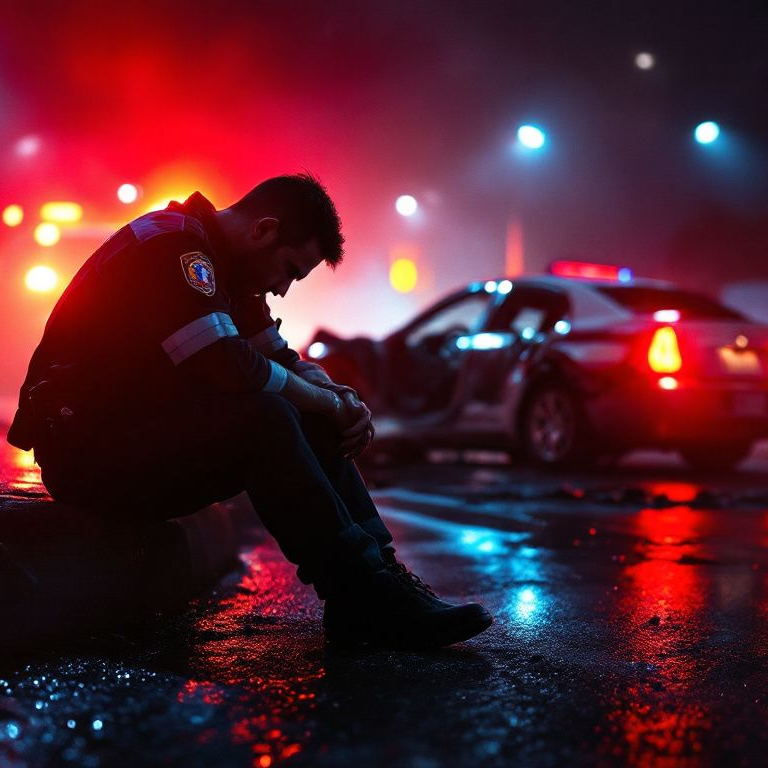 | 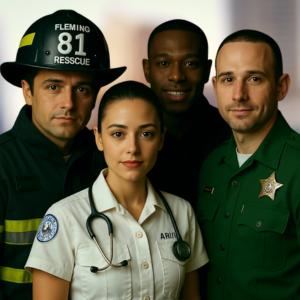 | 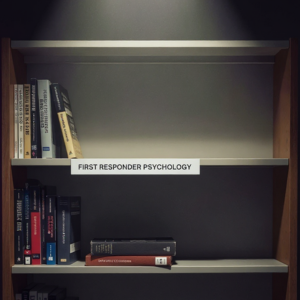 |  |
| Six Times Higher Risk | Standard Approaches Fail | Fills Critical Gap | Limited Training |
| First Responders 6 times more likely to experience PTSD compared to general population. | Standard clinical approaches often fail to address the unique cultural aspects of public safety. | This guide fills a critical gap in professional literature on first responder mental health. | Specialized training for clinicians working with this population has historically been limited. |



